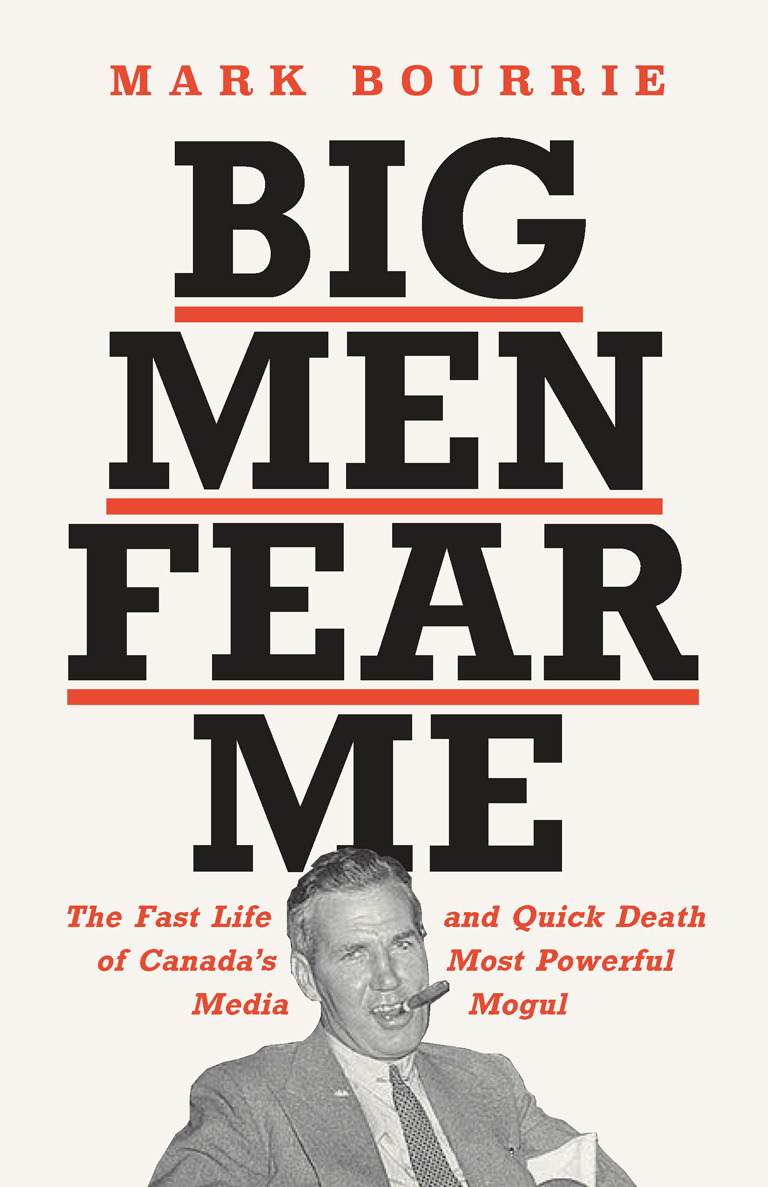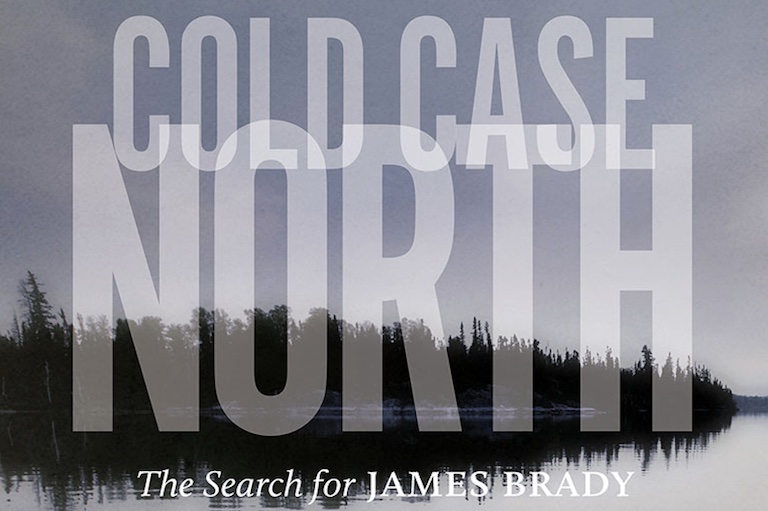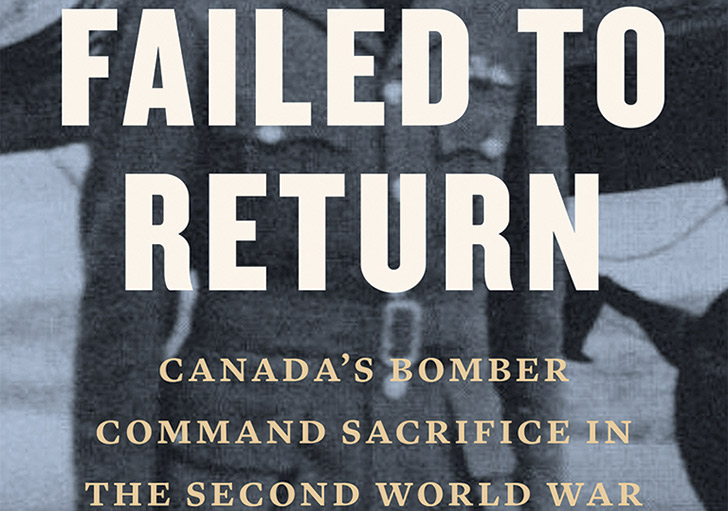Big Men Fear Me

Big Men Fear Me: The Fast Life and Quick Death of Canada’s Most Powerful Media Mogul
by Mark Bourrie
Biblioasis
432 pages, $24.95
A double review with
Above the Fold: A Personal History of the Toronto Star
by John Honderich
Signal
383 pages, $35
Even before newspapers were headed the way of steamships and rotary telephones, reporters pined for the glory days of the press: the big scoops, big profits, big personalities. These two books tell the stories — intertwined, on occasion — of two such personalities and the big-city papers they controlled: George McCullagh, the Ontario try-hard who bought and merged two newspapers to create the Globe and Mail as a vehicle for his business ambitions, and John Honderich, the former publisher of the Toronto Star and scion of one of the families that controlled the Torstar voting trust.
Honderich’s memoir is candid, sometimes painfully so, about his emotionally distant father, the legendary Star boss Beland “Bee” Honderich. The first third of Above the Fold serves as the biography of Bee, the self-taught newspaperman who ascended to the top job. The never-ending newsroom and boardroom dramas that follow are worthy of Canada’s biggest newspaper and make for a crisp, brisk history. Given today’s cynicism about the media, Honderich might have reflected more on some of the Star’s dubious practices of old — paying for news and torquing positive news about itself — but overall he provides a satisfying insider account.
Big Men Fear Me, Bourrie’s biography of McCullagh, gets off to a slow start due to the scarcity of primary documents. The author is forced to describe the people and events around him more than the trajectory of the man himself. (The tycoon’s widow burned his papers long after his death.)
Bourrie has access to more source material for the period when McCullagh become a prominent figure, including the diaries of Prime Minister William Lyon Mackenzie King, but he still has to lean on conjecture at times: Diagnosing his subject as bipolar, Bourrie regularly employs phrases such as “seems to have been” and “may have been.”
Still, the clubby, venal workings of the mid-century Canadian elite come into vivid focus. Bourrie’s disdain for that world is clear, but he revels in the story he gets to spin out of it. He writes brashly, evoking McCullagh’s graspingness and the turmoil of his times with slashing sentences: “Many successful businesspeople are sociopaths who can only pretend to be interested in other people,” Bourrie tells us. Mitch Hepburn, the McCullagh ally and populist premier of Ontario, is described as “an ugly, mean, whiny, oily man with tiny eyes, a round face and a dumpy body.”
It’s hard to like Bourrie’s McCullagh, a man who loved newspapers but saw them mainly as an outlet for advancing his financial interests and those of his wealthy friends. Readers may question how the author could stand to spend more than a decade working on and off on a biography of such a repellent figure. The press baron espoused abolishing provincial governments and advocated a Liberal-Conservative coalition in Ontario to marginalize the left. It’s not always clear whether McCullagh was a serious threat to democracy, as Bourrie suggests, or just another know-it-all with a big platform.
Without a clear legacy, McCullagh becomes more of a prism through which we examine his city (Toronto) and his times (he died in 1952 at the age of only forty-seven) — and that is this book’s real contribution. For those who complain that today’s political-media nexus is too corrupt, too insider-dominated, too corporate, Bourrie’s description of McCullagh’s era provides bracing perspective.
Unsurprisingly for a memoir, Honderich and his family come off better. Honderich, who died not long after finishing the manuscript, had an easier task than Bourrie, with the freedom to choose which elements to tell of his story, and his father’s, and the Star’s. The portrait that emerges is of a family that always sought to protect the Star’s legacy and to live up to the vision of Joseph Atkinson, the social-justice crusader who took control of the paper in the final days of the nineteenth century.
The narratives of the two books overlap several times, most dramatically in 1949, when the Hepburn government adopted the Charitable Gifts Act. It retroactively invalidated Atkinson’s will and its bequest of the Star to a charitable foundation overseen by his heirs. For Bourrie it’s just another of the many nefarious plots McCullagh hatched; for Honderich it’s a defining moment in the Star’s history that forced the Atkinsons and the other families controlling the charity to craft an alternative ownership model. The bill was unquestionably a heavy-handed attempt to neuter the Star, but it also seems clear, as Honderich acknowledges only in passing, that Atkinson, the champion of the working man and of social justice, was attempting to dodge provincial death taxes. Hypocrisy? Honderich avoids a final judgment on that.
There is much more to these two lively books. Both are well-researched and are vividly written. Both help to fill in the story of a golden age of Canadian newspapering that, with its egos, schmooziness, and dubious motivations, emerges as not so golden after all.
We hope you’ll help us continue to share fascinating stories about Canada’s past by making a donation to Canada’s History Society today.
We highlight our nation’s diverse past by telling stories that illuminate the people, places, and events that unite us as Canadians, and by making those stories accessible to everyone through our free online content.
We are a registered charity that depends on contributions from readers like you to share inspiring and informative stories with students and citizens of all ages — award-winning stories written by Canada’s top historians, authors, journalists, and history enthusiasts.
Any amount helps, or better yet, start a monthly donation today. Your support makes all the difference. Thank you!
Themes associated with this article
Advertisement
With 7 uniquely curated newsletters to choose from, we have something for everyone.
Save as much as 40% off the cover price! 4 issues per year as low as $29.95. Available in print and digital. Tariff-exempt!




